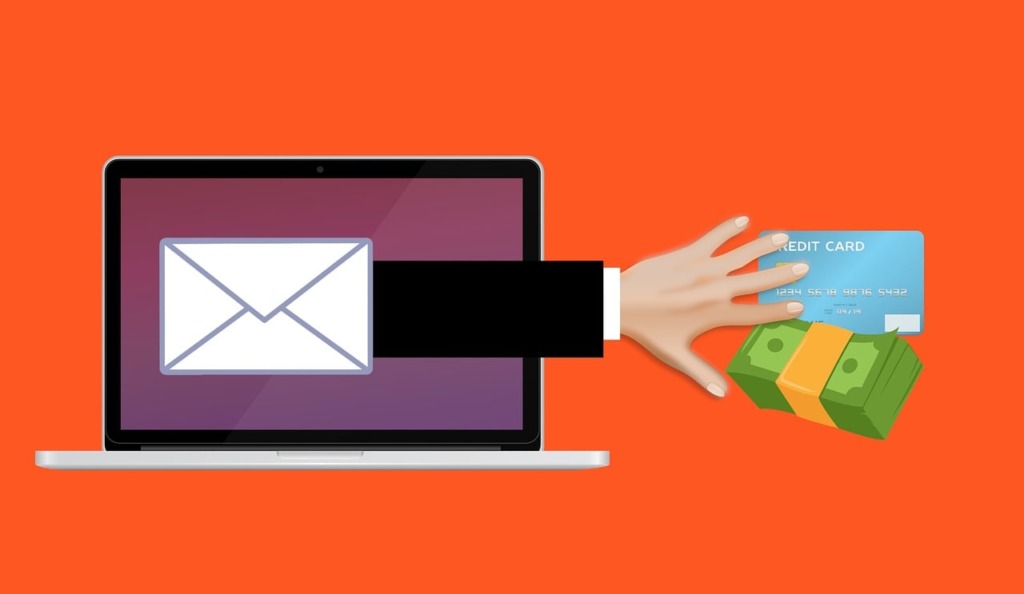Cryptocurrency has opened up a world of financial opportunities, but it has also become a breeding ground for scams. With the rise of digital assets, fraudsters have developed increasingly sophisticated methods to steal funds from unsuspecting investors. Whether you’re a crypto beginner, enthusiast, or seasoned investor, understanding the top crypto scams and how to avoid them is essential to protecting your hard-earned money. In this article, we’ll explore the most common crypto scams, red flags to watch out for, and practical tips to stay safe in the crypto space.
In This Article
- What Makes Crypto Scams So Prevalent?
- Top 10 Crypto Scams to Watch Out For
- Fake Exchanges and Wallets
- Phishing Scams
- Ponzi and Pyramid Schemes
- Rug Pulls
- Fake ICOs and Token Sales
- Impersonation Scams
- Cloud Mining Scams
- Social Media Giveaway Scams
- Malware and Ransomware Attacks
- Fake Investment Platforms
- How to Protect Yourself from Crypto Scams
- What to Do If You’ve Been Scammed
- FAQs About Crypto Scams
What Makes Crypto Scams So Prevalent?
Cryptocurrency scams are on the rise due to several factors:
- Anonymity: Crypto transactions are pseudonymous, making it easier for scammers to operate without being traced.
- Irreversibility: Once a crypto transaction is confirmed, it cannot be reversed, leaving victims with little recourse.
- Lack of Regulation: The decentralized nature of cryptocurrencies means there’s often no central authority to intervene in case of fraud.
- Hype and FOMO: The rapid growth of the crypto market attracts inexperienced investors who may fall for too-good-to-be-true offers.
Understanding these factors is the first step in protecting yourself from scams.
Top 10 Crypto Scams to Watch Out For
1. Fake Exchanges and Wallets
Scammers create fake cryptocurrency exchanges or wallets that mimic legitimate platforms. Once you deposit your funds, they disappear.
How to Avoid:
- Only use reputable exchanges like those listed in our guide to the best cryptocurrency exchanges.
- Double-check URLs and download apps from official sources.
2. Phishing Scams
Phishing involves tricking users into revealing their private keys or login credentials through fake websites or emails.
How to Avoid:
- Never click on suspicious links or download attachments from unknown sources.
- Enable two-factor authentication (2FA) on all your accounts.
3. Ponzi and Pyramid Schemes
These scams promise high returns by recruiting new investors, but they collapse when new funds stop coming in.
How to Avoid:
- Be skeptical of guaranteed returns or passive income opportunities.
- Research the team and business model behind any investment opportunity.
4. Rug Pulls
In a rug pull, developers create a new token, hype it up, and then abandon the project after investors pour in money.
How to Avoid:
- Investigate the token’s liquidity and developer activity.
- Avoid investing in projects with anonymous teams.
5. Fake ICOs and Token Sales
Scammers create fake initial coin offerings (ICOs) to steal funds from investors.
How to Avoid:
- Verify the legitimacy of the ICO through trusted sources like CoinMarketCap.
- Look for a clear whitepaper and roadmap.
6. Impersonation Scams
Scammers impersonate celebrities, influencers, or customer support representatives to gain your trust.
How to Avoid:
- Verify the identity of anyone contacting you.
- Never share your private keys or seed phrases.
7. Cloud Mining Scams
Fraudulent cloud mining platforms promise high returns but often don’t deliver.
How to Avoid:
- Research the company’s reputation and reviews.
- Be cautious of platforms that require large upfront payments.
8. Social Media Giveaway Scams
Scammers pose as celebrities or influencers offering fake giveaways in exchange for a small deposit.
How to Avoid:
- Remember, if it sounds too good to be true, it probably is.
- Verify giveaway announcements on official channels.
9. Malware and Ransomware Attacks
Malicious software can steal your crypto or lock your files until you pay a ransom.
How to Avoid:
- Use antivirus software and keep your devices updated.
- Store your crypto in secure wallets like those listed in our guide to the best cryptocurrency wallets.
10. Fake Investment Platforms
Scammers create fake platforms that mimic legitimate investment services.
How to Avoid:
- Research the platform’s licensing and regulatory status.
- Start with a small investment to test the platform’s legitimacy.
How to Protect Yourself from Crypto Scams
- Educate Yourself: Stay informed about the latest scams and security practices.
- Use Secure Wallets: Store your crypto in hardware wallets or trusted software wallets.
- Enable 2FA: Add an extra layer of security to your accounts.
- Verify Sources: Double-check URLs, email addresses, and social media accounts.
- Avoid FOMO: Don’t let fear of missing out cloud your judgment.
What to Do If You’ve Been Scammed
- Report the Scam: Notify your local authorities and relevant platforms.
- Document Everything: Keep records of transactions, communications, and other evidence.
- Seek Professional Help: Consult a legal or financial expert for advice.
- Warn Others: Share your experience to prevent others from falling victim.
FAQs About Crypto Scams
1. How Can I Tell If a Crypto Platform Is Legitimate?
Check for regulatory compliance, read reviews, and verify the platform’s reputation.
2. What Should I Do If I Clicked on a Phishing Link?
Immediately change your passwords and enable 2FA. Monitor your accounts for suspicious activity.
3. Are Crypto Scams Reversible?
Unfortunately, most crypto transactions are irreversible. Prevention is key.
4. Can I Recover Funds Lost to a Scam?
Recovery is difficult but not impossible. Report the scam and seek professional assistance.
5. Where Can I Learn More About Crypto Security?
Visit The Crypto Retail Hub for more resources and guides.
Conclusion
The world of cryptocurrency is full of opportunities, but it also comes with risks. By understanding the top crypto scams and taking proactive steps to protect yourself, you can minimize your chances of falling victim to fraud. Always stay vigilant, use trusted platforms like the best cryptocurrency exchanges, and store your assets securely in the top crypto wallets.
For more tips and tools to navigate the crypto space, visit The Crypto Retail Hub and empower yourself with knowledge.
Financial Advice Disclaimer:
The information provided in this article is for educational and informational purposes only and should not be construed as financial, investment, or legal advice. Cryptocurrencies are highly volatile and speculative assets, and investing in them carries significant risks, including the potential loss of your entire investment. The content of this article does not constitute a recommendation to buy, sell, or hold any cryptocurrency or financial product.
Always conduct your own thorough research and consult with a qualified financial advisor, tax professional, or legal expert before making any investment decisions. Past performance is not indicative of future results, and the cryptocurrency market is subject to rapid changes, regulatory developments, and technological advancements that may impact the value and viability of digital assets.
The author and publisher of this article are not responsible for any financial losses, damages, or other consequences that may arise from your use of the information provided. Invest at your own risk and only with funds you can afford to lose.




